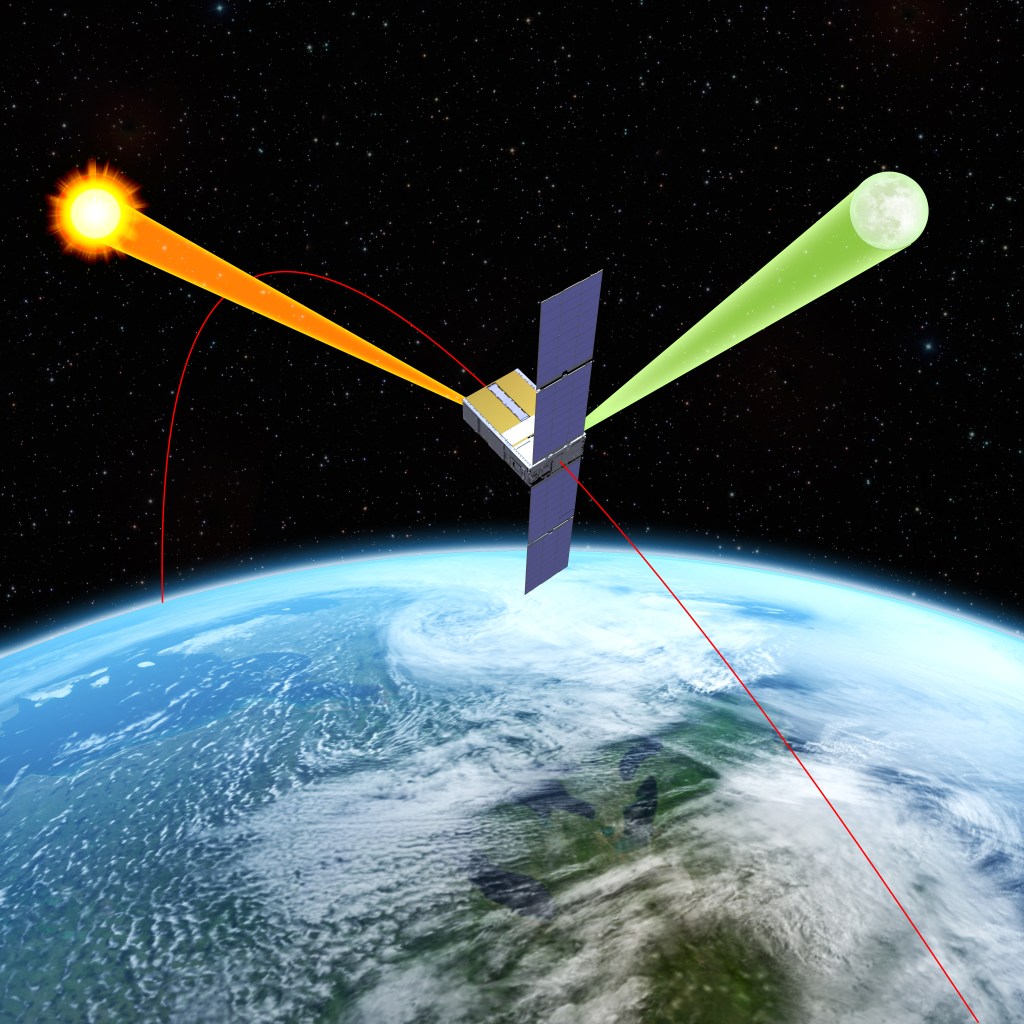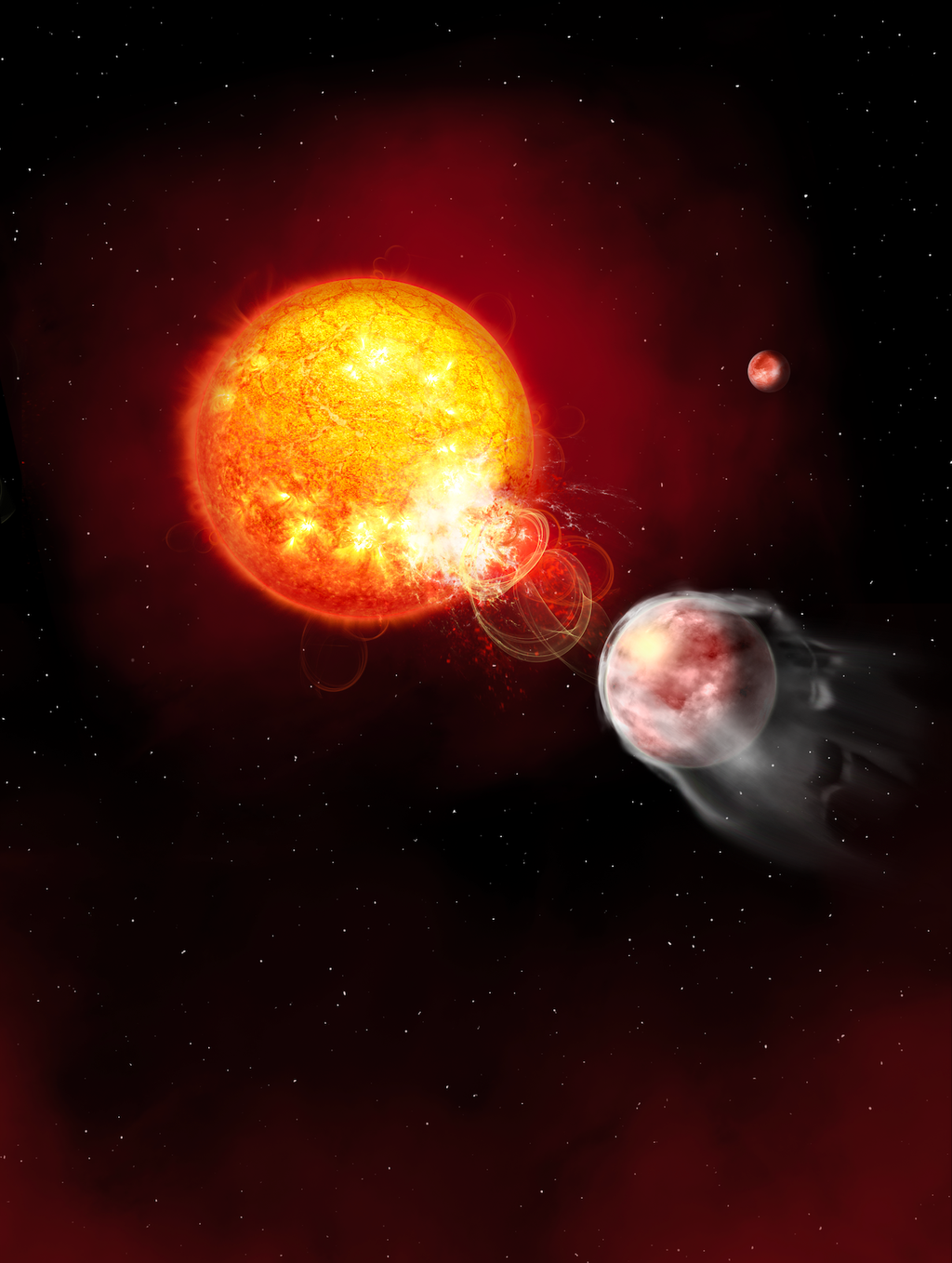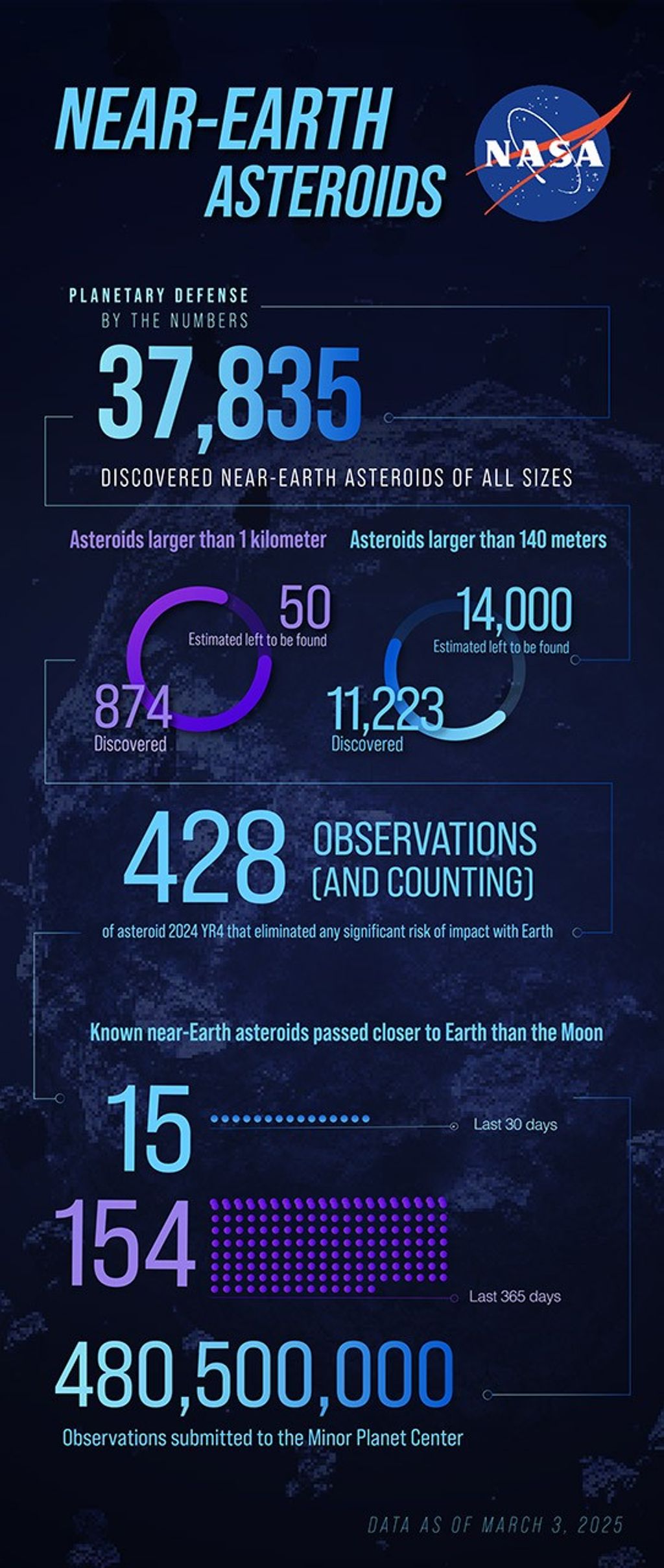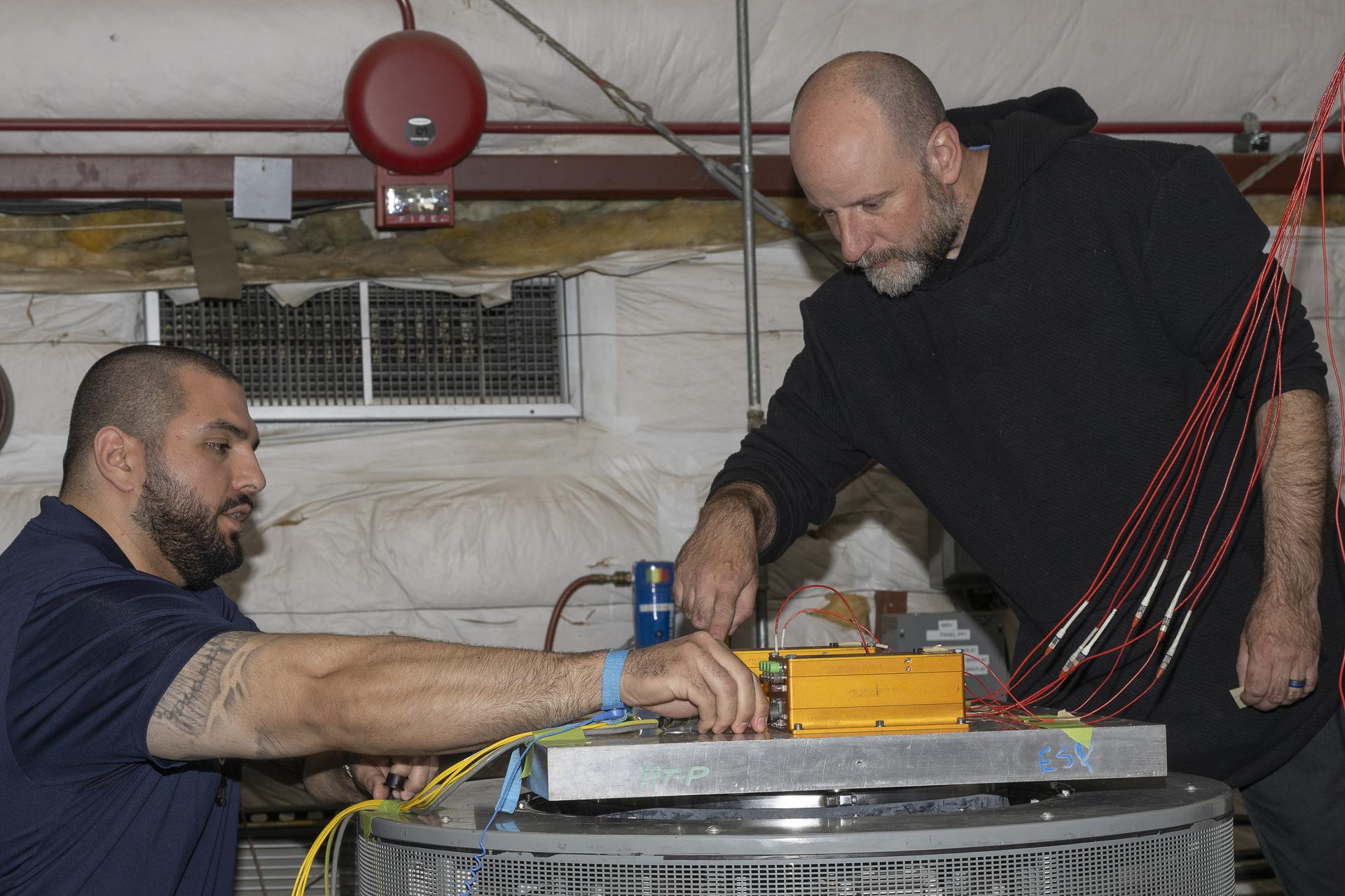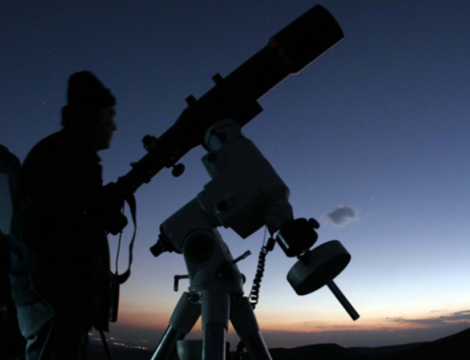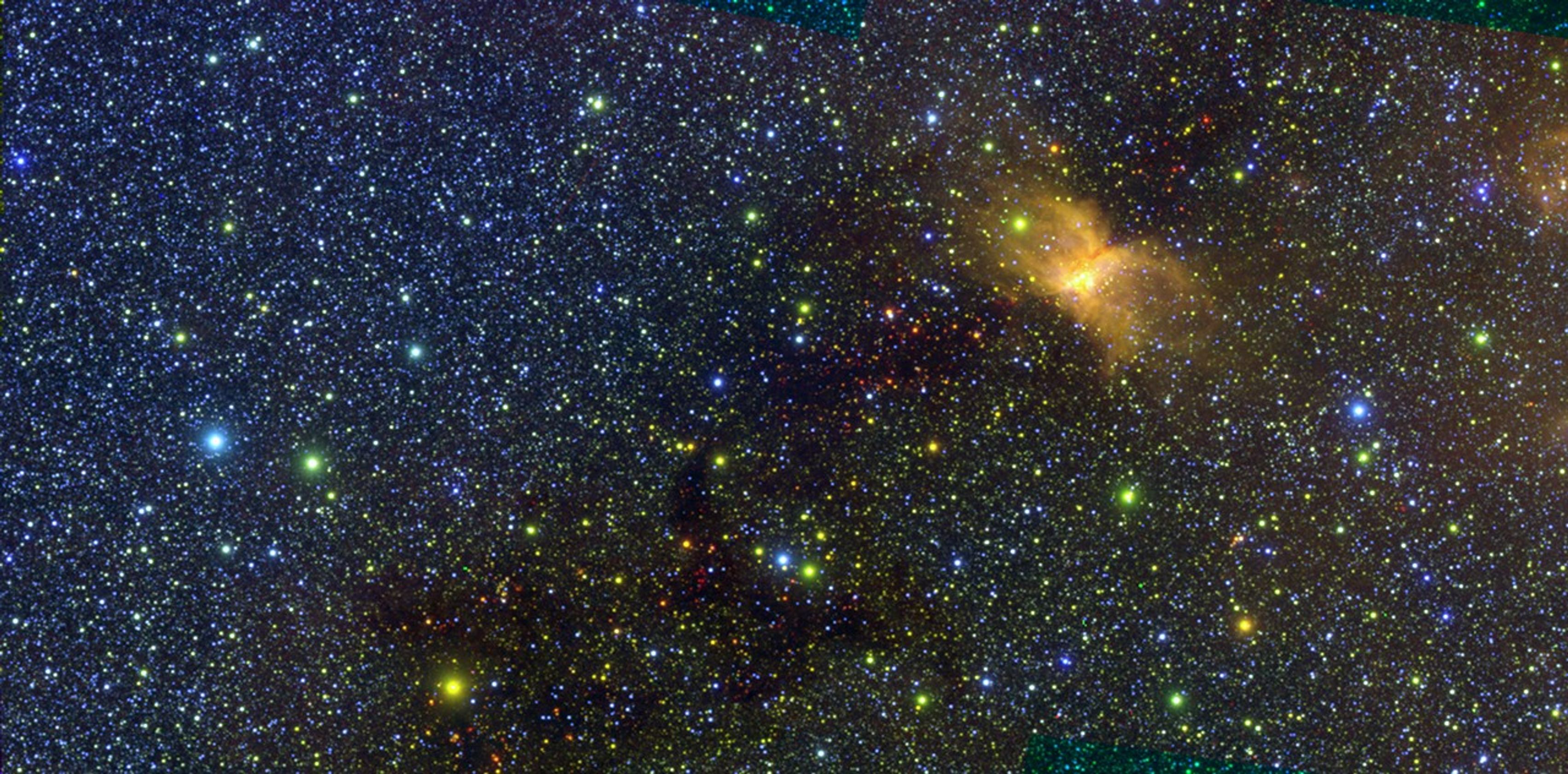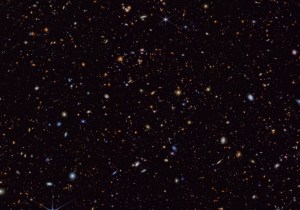Exoplanet Watch Citizen Science Project Opens to the Public
On January 9, 2023, NASA’s Universe of Learning program expanded participation in the Exoplanet Watch Citizen Science project to the general public. An exoplanet is any planet beyond our solar system. Most exoplanets orbit other stars. Transiting exoplanets pass in front of, or transit, the stars they orbit as seen from an observer's perspective. This project is designed to help learners observe transiting exoplanets, reduce and analyze data, and create their own light curves. Participants without telescopes to record their own data can also participate by requesting archival exoplanet data from the MicroObservatory DIY Planet Search program using a new data check-out system. The launch was announced via a NASA Jet Propulsion Laboratory press release that coincided with planned workshops and talks at 241st American Astronomical Society (AAS241) in Seattle, Washington in January, 2023.
Exoplanet Watch supports development of STEM (Science, Technology, Engineering, & Mathematics) identity and enables audiences to participate in citizen science. A new user interface, website, and EXOTIC software were developed in response to feedback from learners who tested and actively participated in the development of the website. Since launch, the website has garnered over 27,645 views with more than 250 people signing up to participate in Exoplanet Watch in the first week of its availability. UCLA cognitive science major and ExoPlanet Watch User Experience team project lead, Lujayn Megally, and the user experience team provided recommendations, hi-fidelity design mockups, a site map, and an experience map to increase Exoplanet Watch website retention and usability. Lujayn enthusiastically expressed, "The initiative of Exoplanet Watch is what made me excited. The idea of studying planets beyond our solar system and contributing to the advancement of scientific knowledge is incredible. Since the nature of Exoplanet Watch is inherently complex, I knew that helping to improve the website’s user experience would be important in reducing some barriers citizen scientists may face when wanting to get involved."
To learn more about what it's like to get involved as an Exoplanet Watch volunteer, check out this 3-part YouTube webinar series developed by the MicroObservatory DIY and Exoplanet Watch teams: “Exploring Exoplanets with NASA's Universe of Learning”
Contributors and Developers: Dr Robert Zellem, Exoplanet Watch Project Lead, John Engelke, Development Lead, Kyle Pearson, Deputy Science Lead; EXOTIC Development Lead, Tamim Fatahi, Isabella "Izzy" Huckabee, Kiah May, Interns Rachel Zimmerman Brachman, Team Member, Mary Dussault, MicroObservatory DIY Project Lead, Nora Bailey, Public Engagement
NASA's Universe of Learning materials are based upon work supported by NASA under award number NNX16AC65A to the Space Telescope Science Institute, working in partnership with Caltech/IPAC, Center for Astrophysics | Harvard & Smithsonian, and the Jet Propulsion Laboratory. The Universe of Learning is part of NASA's Science Activation Portfolio.









